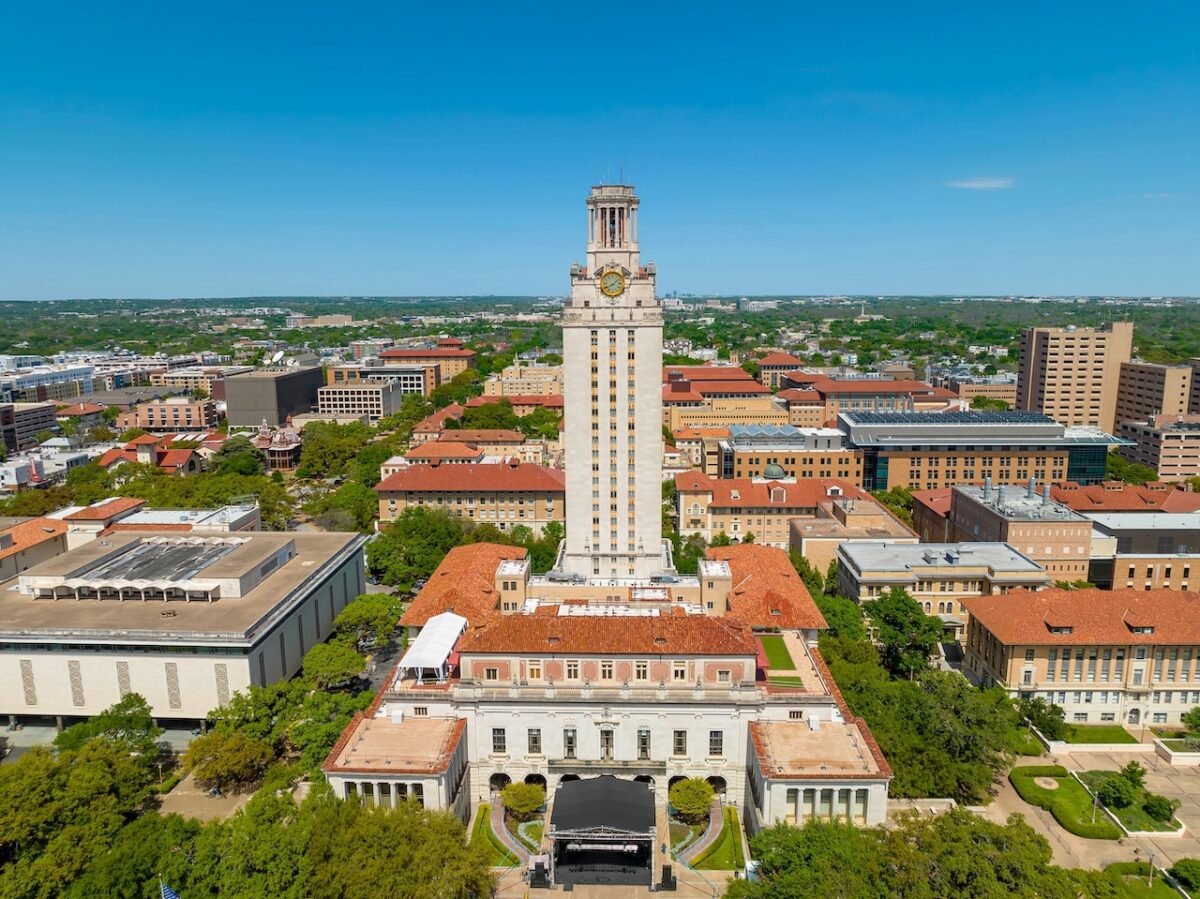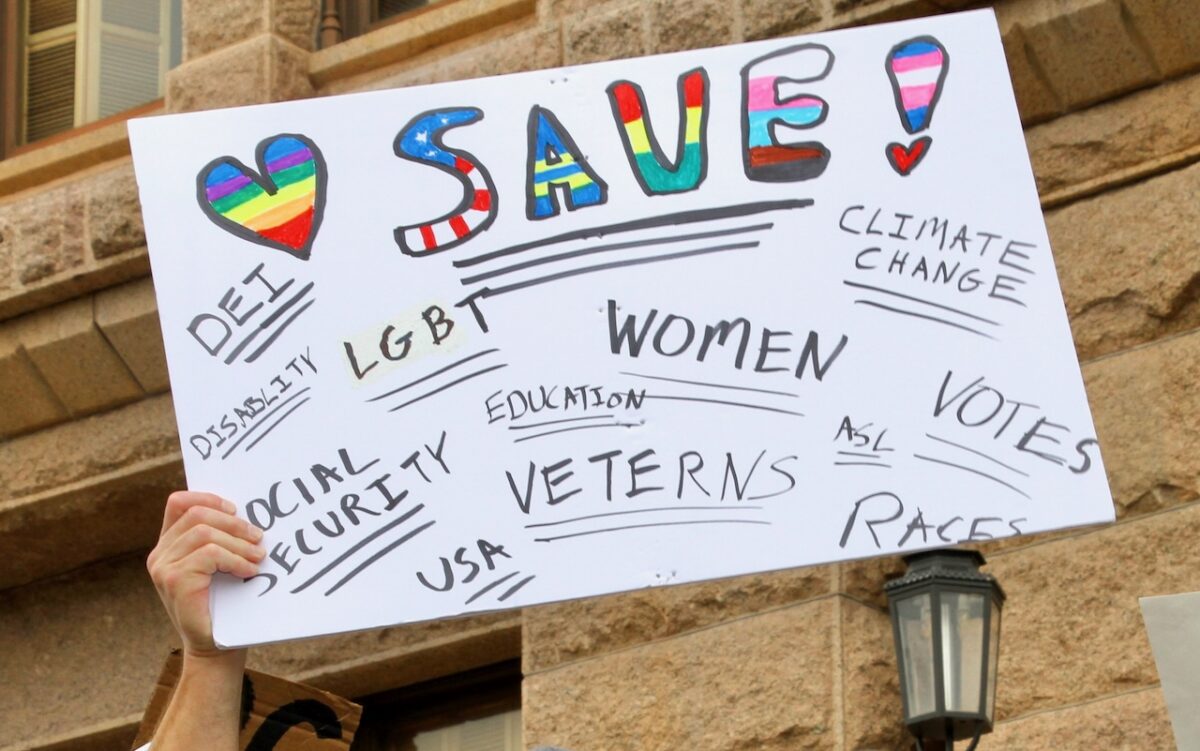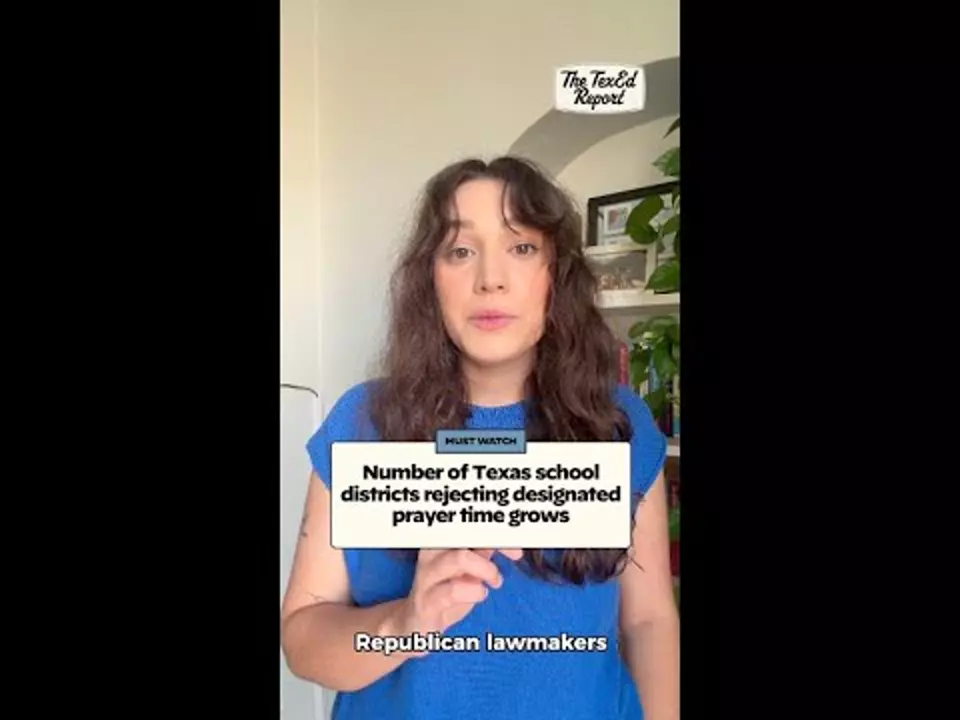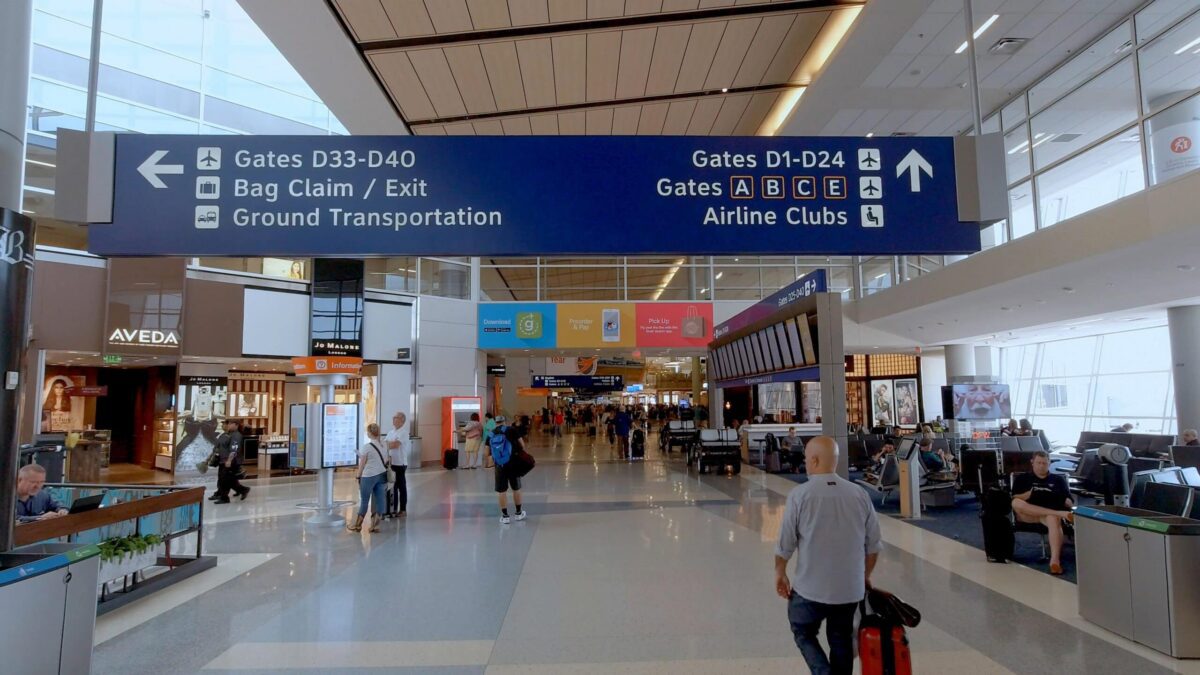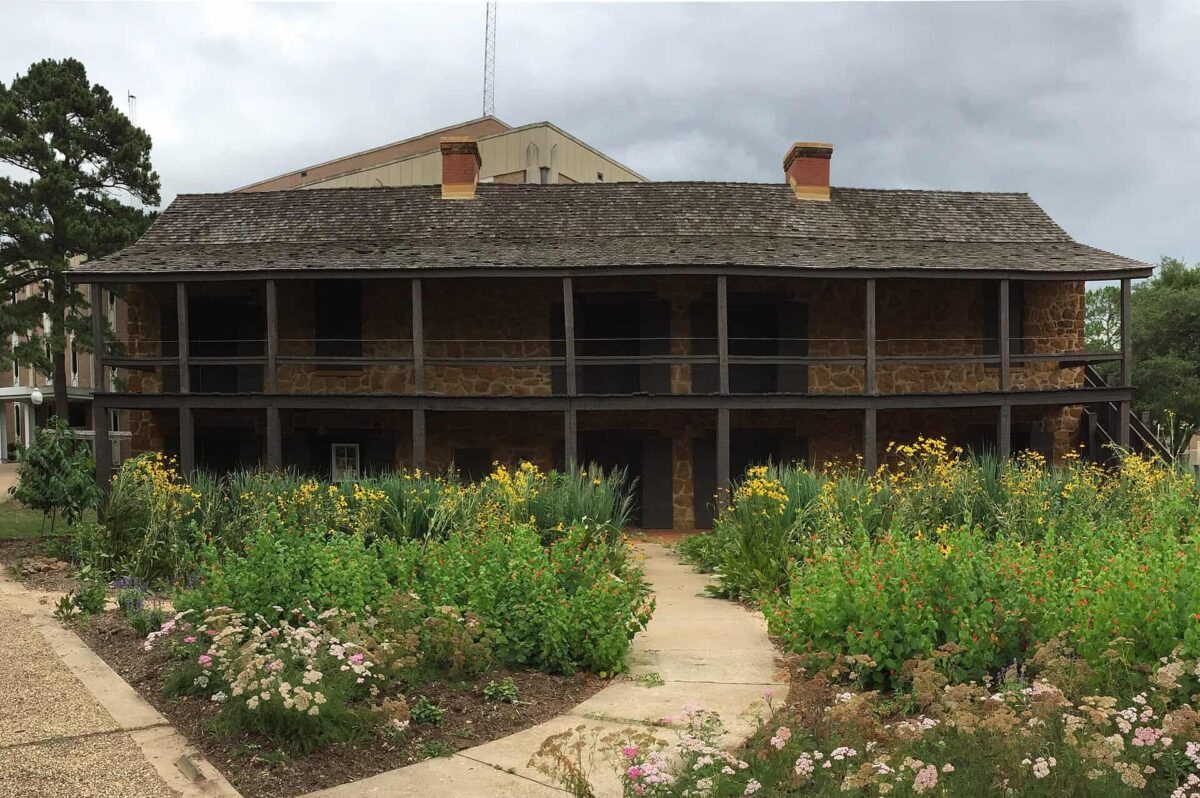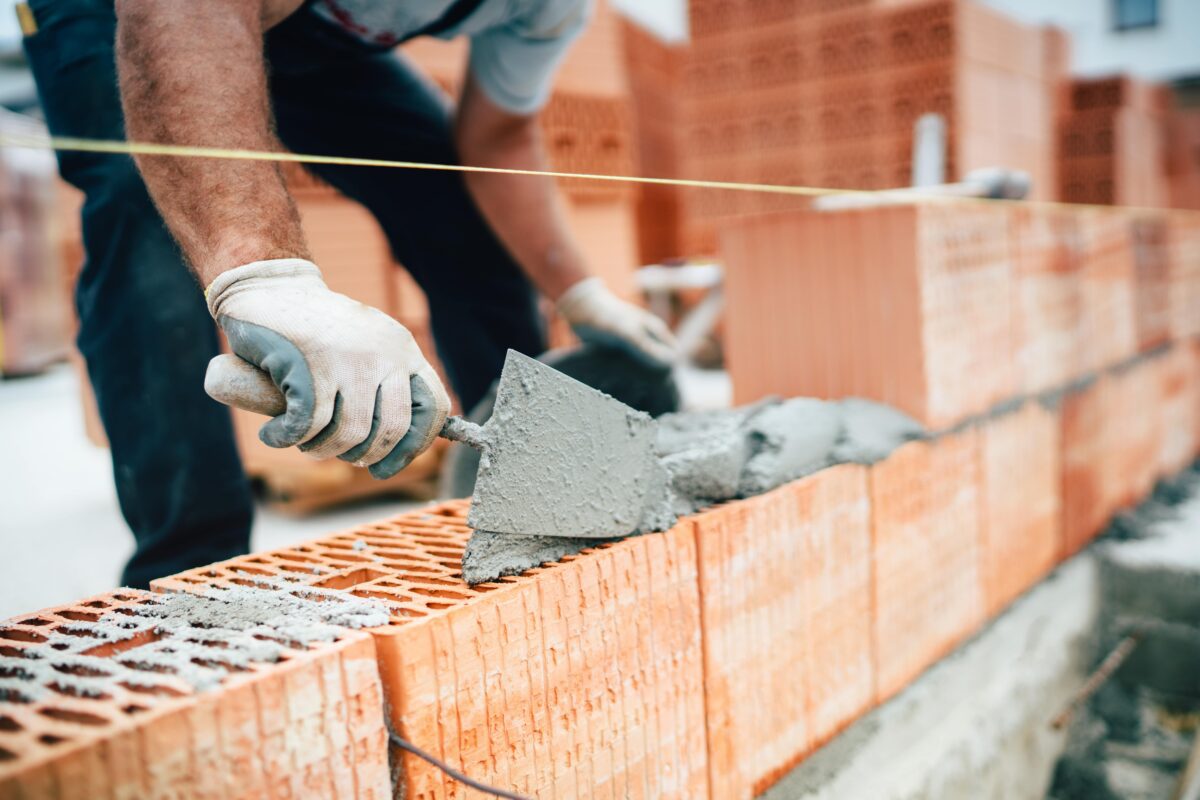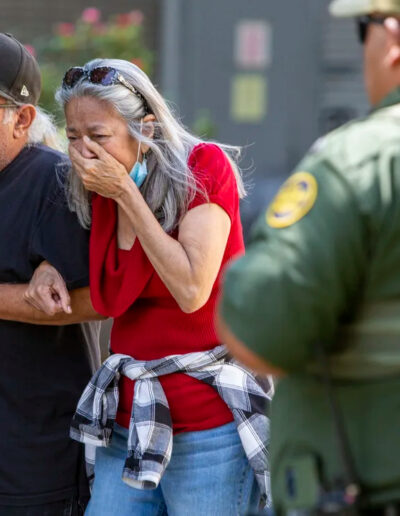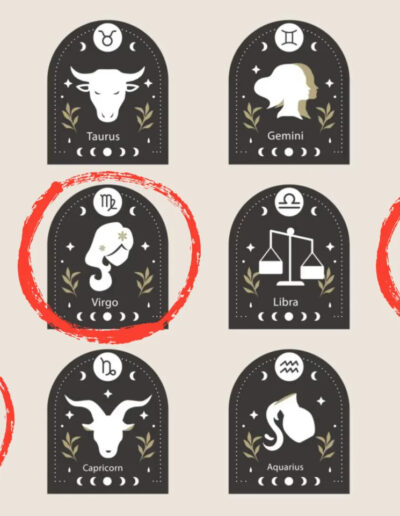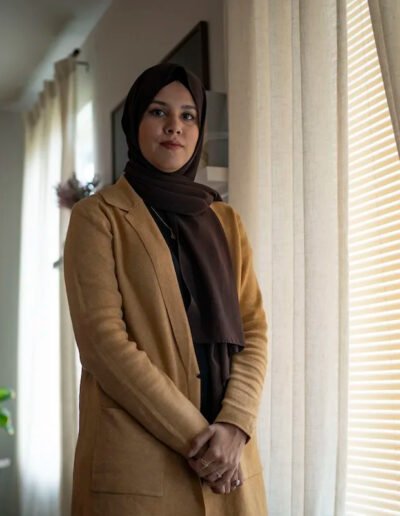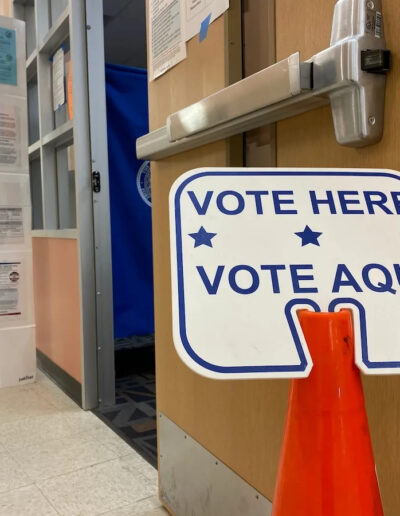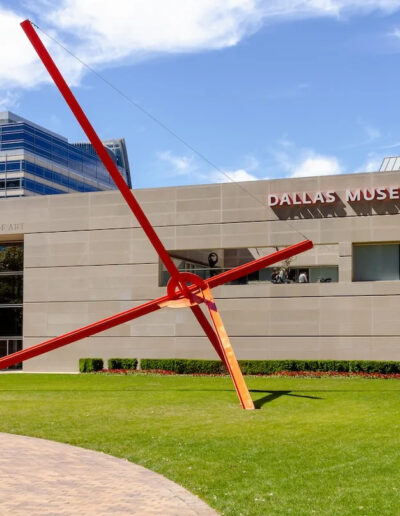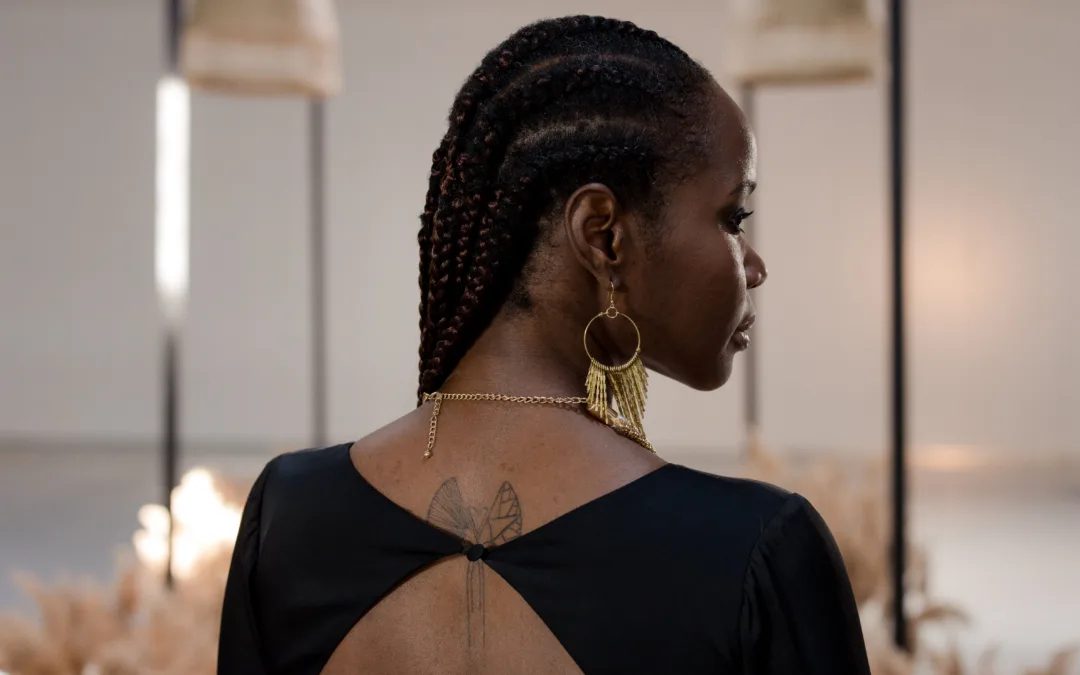
Originally published by The 19th.
By Merdie Nzanga, The 19th.
This Black History Month, we’re telling the untold stories of women, women of color and LGBTQ+ people. Subscribe to our daily newsletter.
Bridget Alem, a hair stylist in Dallas, is creating a safe space for Black women who experience hair loss to feel beautiful again.
Alem’s shop, Lady B Salon, specializes in alopecia — the medical term for hair loss — and most of her clients are Black women who struggle with losing what they consider their “crowns.”
“Hair is our creativity,” said Dr. Hope Mitchell, a Black dermatologist in Toledo, Ohio, who has treated people with alopecia. “It makes me feel powerful, it makes me feel special and important. And when we don’t have it or when it’s falling out in front of our eyes, it’s very painful.”
There are more than 10 types of alopecia, and Black women are more prone to have at least two of them: traction alopecia and central centrifugal cicatricial alopecia (CCCA).
About 15 percent of Black women experience CCCA, according to a JAMA Dermatology report, and half of Black women experience some type of hair loss, according to the American Academy of Dermatology.
Dermatologists say seeking help early is key.
“The earlier that we have these patients in our office, the more successful we’re going to be in terms of reversing the hair loss condition,’’ Mitchell said.
For many, however, the first stop before a doctor’s office is a shop like Alem’s.
Alem begins each client’s journey with a consultation in a private room away from the openness of a traditional salon, and that’s where she makes them comfortable, even those who “don’t want to remove their wigs, or their hat, or their scarves,” she said.
“I tell them no matter what condition your hair is in, I’m a hair stylist. I will take care of you,” Alem said.
Women also explain that they have been rejected at other hair salons by stylists who mistakenly believed hair loss was contagious, or they have been made fun of because of their hair condition. Some share that they do not feel beautiful.
“We do everything to make sure they feel loved, because most of the time they don’t feel loved, they don’t think they’re beautiful,” Alem said.
Alem explains the possibilities of how she can style their hair, including custom wigs or pixie cuts, she said. Alem does not only empathize with her clients, she makes it personal.
“I tell them I take you like my own sister, my own mom or my own friend. What if this happened to my own mother or child? It’s a way to make them feel comfortable,” she said.
Alem also refers clients to find a good dermatologist who can diagnose their condition, saying, “I’m not a doctor.”
For Mitchell, the initial consultation is about diagnosis and developing a treatment plan, the goal of which is to prevent the progression of the condition and grow new hairs to improve density.
She understands that culturally, hair is very important for Black women.
Dr. Edidiong Kaminska, a Black dermatologist based in Chicago, agrees.
“Hair is our crown, it’s the way we present ourselves to the world, it’s the way we think of ourselves when we look at ourselves in the mirror,” Kaminska said. “When you can’t wear your hair the way you want to, for any patient, anybody, it can make you feel devastated.”
That stigma can prevent Black women from seeking professional help. Some mistakenly believe that cutting off all of their hair will help it grow back, which doesn’t address the underlying issue, Kaminska said.
Still others turn to unproven products they can buy online or in stores. Both dermatologists suggest that if people are experiencing hair loss, they should see a certified dermatologist.
“Finding someone that focuses on hair loss that has a good track record of dealing with patients with hair loss would be preferable,” Kaminska said.
The dermatologists caution against trusting TV advertisements for hair loss treatments that are not science-based. False advertisements “prey on our emotional sensitivity,” Mitchell said, promising that they will help grow hair back, giving often not just Black women but anyone experiencing hair loss false hope.
Real hope can be found in their offices and in places like Lady B Salon, where Alem said that the most exciting part about her job is boosting her clients’ self-confidence and making them feel loved.
“Once their hair is done, it boosts their self esteem,” she said. “They appreciate my professionalism and confidentiality, and they feel beautiful.”




